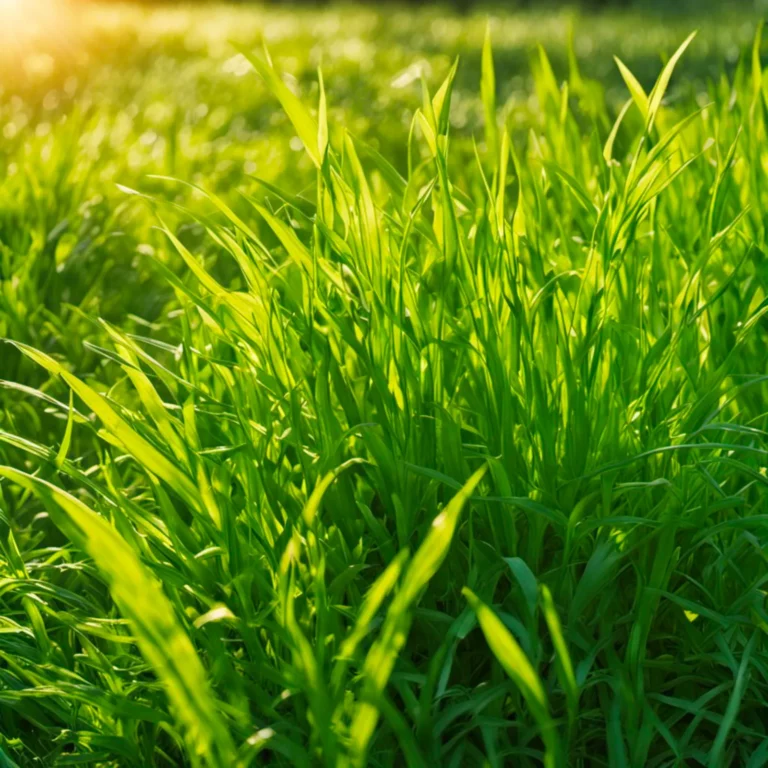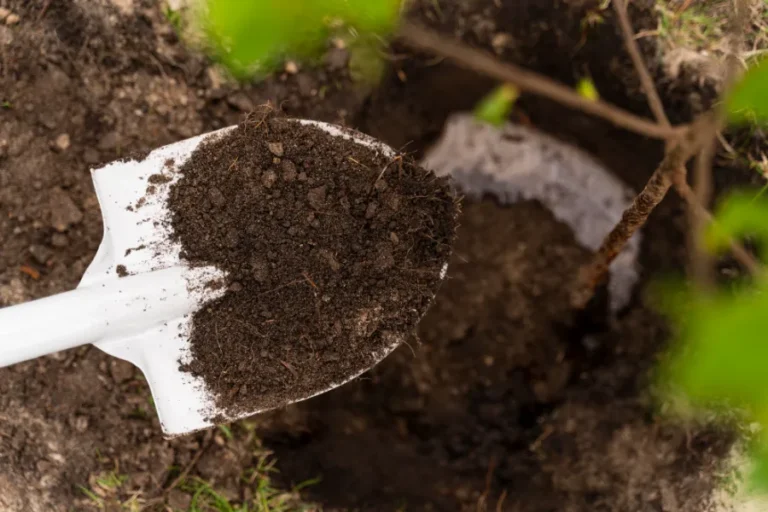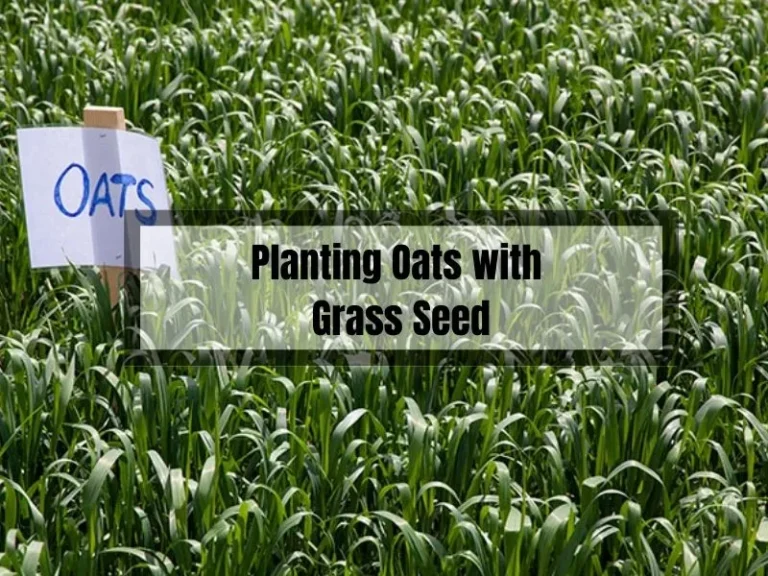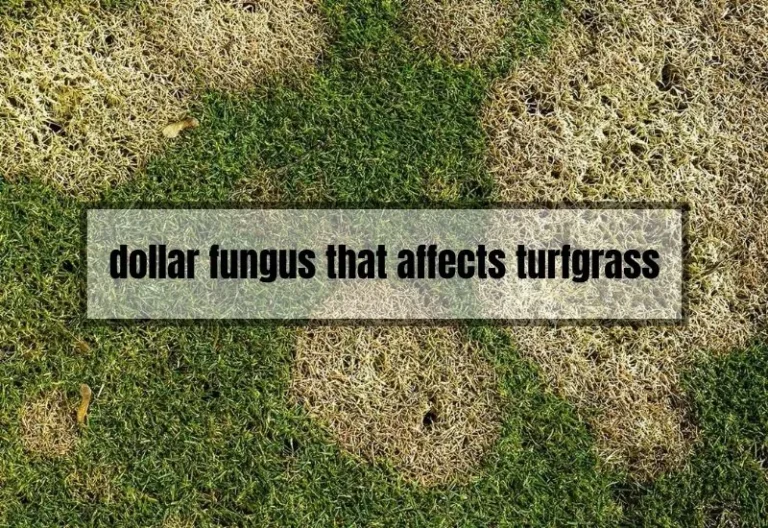Is Bone Meal Good for Rhubarb? Benefits and Tips for Rhubarb Growth
Are you wondering if bone meal is good for your rhubarb plants? Rhubarb is a heavy feeder and requires extra nutrients to grow properly, with bone meal being an excellent source.
It is rich in phosphorus and nitrogen, both essential for plant growth. Rhubarb thrives in slightly acidic soil with a pH between 6.0 and 6.8, parameters typically met by most garden soils.
In this article, we will explore the benefits of using bone meal as a fertilizer for rhubarb, along with instructions on its application and alternative fertilizers. By the end, you’ll have the information needed to nourish your rhubarb plants effectively.
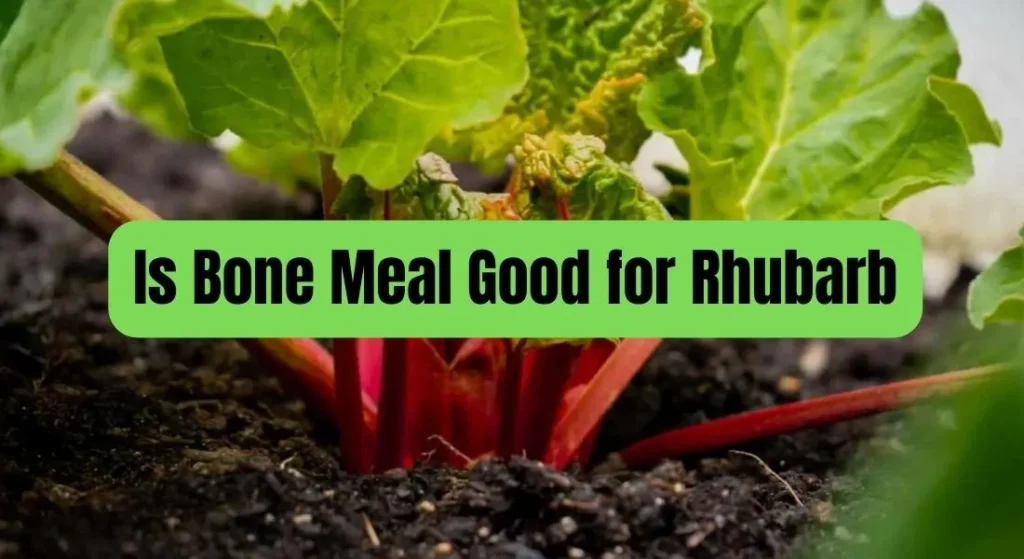
Is Bone Meal Good for Rhubarb?
If you’re looking to give your rhubarb plants a little boost, you may be wondering if bone meal is a good option. In short, the answer is yes! Bone meal is an excellent source of nutrients for rhubarb, which is a heavy feeder and benefits from extra nutrients.
You see, phosphorus is like the energy drink of the plant world. It helps transfer energy, supports root development – the whole nine yards. Then there’s calcium. It’s like the personal trainer for the cells, keeping them strong and healthy.
What is Bone Meal?
Bone meal is a natural fertilizer made from ground-up animal bones. It’s high in phosphorus and nitrogen, two essential nutrients for healthy plant growth. Bone meal also contains calcium, which is important for plant cell walls and root development.
Benefits of Bone Meal for Rhubarb
Rhubarb is a nutrient-rich plant that requires extra nutrients to grow well. Bone meal is an excellent source of phosphorus and nitrogen, two nutrients that are essential for healthy plant growth. Using bone meal as a fertilizer for your rhubarb plants can help:
- Increase plant growth and yield
- Improve soil fertility
- Strengthen plant cell walls
- Boost root development
Rhubarb Plant Needs
Growing rhubarb is a rewarding experience, but it can be a bit tricky if you don’t know what the plant needs. Here are the soil requirements and nutritional needs of rhubarb.
Soil Requirements
Rhubarb prefers a well-drained soil that is rich in organic matter. It does not like to sit in water, so make sure the soil is not waterlogged.
The ideal pH range for rhubarb is between 5.5 and 6.5. If your soil is too acidic, add lime to raise the pH. If it is too alkaline, add sulfur to lower the pH.
Here are some tips for preparing the soil for rhubarb:
- Dig a hole that is about two feet deep and two feet wide.
- Mix in compost or well-rotted manure to improve the soil’s fertility and structure.
- Add bone meal or blood meal to provide phosphorus, which is essential for rhubarb’s root development.
- Plant the rhubarb crown so that the buds are just above the soil level.
Nutritional Needs
Rhubarb is a heavy feeder and needs plenty of nutrients to grow well. Here are the nutritional needs of rhubarb:
- Nitrogen: Rhubarb needs nitrogen to produce healthy leaves. Apply an all-purpose fertilizer or chicken manure in the spring to provide nitrogen.
- Phosphorus: Phosphorus is essential for rhubarb’s root development. Apply bone meal or blood meal in the fall to provide phosphorus.
- Potassium: Potassium is important for rhubarb’s overall health and disease resistance. Apply a fertilizer that is specifically designed for fruit and vegetables to provide potassium.
Here are some tips for fertilizing rhubarb:
- Apply fertilizer twice a year: in the spring and fall.
- Use a fertilizer that is balanced in nitrogen, phosphorus, and potassium. A 10-10-10 ratio is a good place to start.
- Do not over-fertilize, as this can lead to weak growth and disease susceptibility.
By providing the right soil and nutrients, you can enjoy a bountiful harvest of rhubarb.
Effects of Bone Meal on Rhubarb
Rhubarb is a heavy feeder and requires extra nutrients to grow well. Bone meal is an excellent source of nutrients for rhubarb, especially phosphorus and calcium. In this section, we will discuss the effects of bone meal on rhubarb, including its impact on growth and soil.
Growth Impact
Bone meal is a great fertilizer for rhubarb because it promotes strong root development and encourages flowering. Rhubarb roots love phosphorus, and bone meal is an excellent source of this nutrient.
Phosphorus is essential for photosynthesis and helps promote root growth. By adding bone meal to the soil, you can ensure that your rhubarb plants have the nutrients they need to thrive.
In addition to promoting root growth, bone meal also helps rhubarb plants produce more flowers. Flowers are essential for the production of rhubarb stalks, so this can have a significant impact on your yield. By adding bone meal to your soil, you can help your rhubarb plants produce more flowers and, therefore, more stalks.
Soil Impact
Bone meal is an organic fertilizer that can help improve soil health. It contains a range of nutrients, including phosphorus, calcium, and nitrogen. These nutrients help improve soil structure, promote microbial activity, and enhance nutrient uptake.
When you add bone meal to your soil, it helps improve the soil’s pH level. Rhubarb prefers slightly acidic soil, and bone meal can help lower the pH level if it is too high. This can help improve nutrient uptake and promote healthy growth.
One thing to keep in mind when using bone meal is that it can attract rodents and other pests. If you are concerned about this, you can mix the bone meal into the soil instead of leaving it on the surface. This will help reduce the risk of pests being attracted to your garden.
Overall, bone meal is an excellent fertilizer for rhubarb. It provides essential nutrients that can help promote healthy growth and improve soil health. By adding bone meal to your soil, you can help ensure that your rhubarb plants have the nutrients they need to thrive.
Alternatives to Bone Meal for Rhubarb
When it comes to fertilizing your rhubarb plants, bone meal is not the only option available.
In fact, there are several alternatives to bone meal that can provide your plants with the nutrients they need to thrive. In this section, we will explore some of the best alternatives to bone meal for rhubarb.
Organic Options
If you prefer to use organic fertilizers, there are several options available that can provide your rhubarb plants with the nutrients they need. Here are some of the best organic alternatives to bone meal for rhubarb:
- Compost: Composting is a great way to provide your rhubarb plants with organic nutrients. Simply add compost to the soil around your plants, and they will benefit from the slow-release nutrients as the compost breaks down.
- Manure: Another great organic option is manure. Chicken, cow, or horse manure can all be used to fertilize your rhubarb plants. Just be sure to use aged manure, as fresh manure can burn your plants.
- Fish Emulsion: Fish emulsion is a liquid fertilizer made from fish waste. It is high in nitrogen and other nutrients that are beneficial for plant growth. Simply dilute the fish emulsion with water according to the package instructions and apply it to the soil around your rhubarb plants.
Inorganic Options
If you prefer to use inorganic fertilizers, there are several options available that can provide your rhubarb plants with the nutrients they need. Here are some of the best inorganic alternatives to bone meal for rhubarb:
- Commercial Fertilizers: There are many commercial fertilizers available that are specifically designed for rhubarb plants. Look for a fertilizer that is high in nitrogen, phosphorus, and potassium, as these are the nutrients that rhubarb plants need the most.
- Blood Meal: Blood meal is a high-nitrogen fertilizer that can be used to provide your rhubarb plants with the nutrients they need. Simply sprinkle the blood meal around the base of your plants and water it in.
- Fish Meal: Fish meal is another high-nitrogen fertilizer that can be used to fertilize your rhubarb plants. Simply sprinkle the fish meal around the base of your plants and water it in.
Comparing Bone Meal to Other Fertilizers for Rhubarb
Every gardener has their secret sauce. For some, it’s compost. Others swear by manure or synthetic fertilizers. Now, each of these has its pros and cons, like a see-saw ride.
Compost, for instance, is like the potluck of fertilizers – a bit of this, a bit of that. Manure is like the heavyweight champion, packed with nutrients, but boy, does it smell! Synthetic fertilizers? They’re like a quick fix, but not always the best for a long-term relationship.
FAQs
If you’re new to gardening, you may have a lot of questions about using bone meal as a fertilizer for rhubarb. Here are some of the most frequently asked questions and their answers.
Is bone meal safe for all varieties of rhubarb?
Absolutely, though each variety might respond a bit differently.
How long does it take for rhubarb to absorb bone meal nutrients?
Generally, you’ll see effects within a few weeks.
What Other Fertilizers Can I Use for Rhubarb?
While bone meal is a great fertilizer for rhubarb, there are other options that you can use as well. Some of the best fertilizers for rhubarb include:
Compost
Manure
Fish emulsion
Blood meal
Cottonseed meal
Each of these fertilizers has its own benefits and drawbacks, so it’s important to do your research and choose the one that’s right for your garden.
Can I Use Too Much Bone Meal on My Rhubarb?
Yes, you can use too much bone meal on your rhubarb. While bone meal is a great source of nutrients for plants, too much of it can actually harm your rhubarb. Over-fertilizing can lead to weak growth, root burn, and even death of the plant.
To avoid over-fertilizing with bone meal, it’s important to follow the instructions on the package. In general, you should only apply bone meal once per season, and you should never apply more than the recommended amount.
How Often Should I Apply Bone Meal to My Rhubarb?
You should only apply bone meal to your rhubarb once per season. The best time to apply bone meal is in the spring, just as your rhubarb is starting to grow.
Conclusion
In conclusion, bone meal is an excellent fertilizer for rhubarb plants. It provides essential nutrients that are necessary for healthy plant growth, such as phosphorus, nitrogen, and calcium. Bone meal is also natural and safe for the environment, making it an ideal choice for gardeners who want to grow organic produce.
I have been using bone meal on my rhubarb plants for years, and I have seen a significant improvement in their growth and yield. My plants produce larger and healthier stalks, and they seem to be more resistant to pests and diseases.
I usually apply bone meal to my rhubarb plants in early spring when they are just starting to grow. I mix a small amount of bone meal into the soil around the base of each plant, being careful not to overdo it. I have found that this method works well for my plants, but you may need to adjust the amount of bone meal you use based on your soil conditions and the needs of your plants.
Related Posts:

